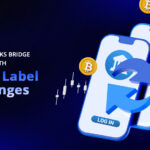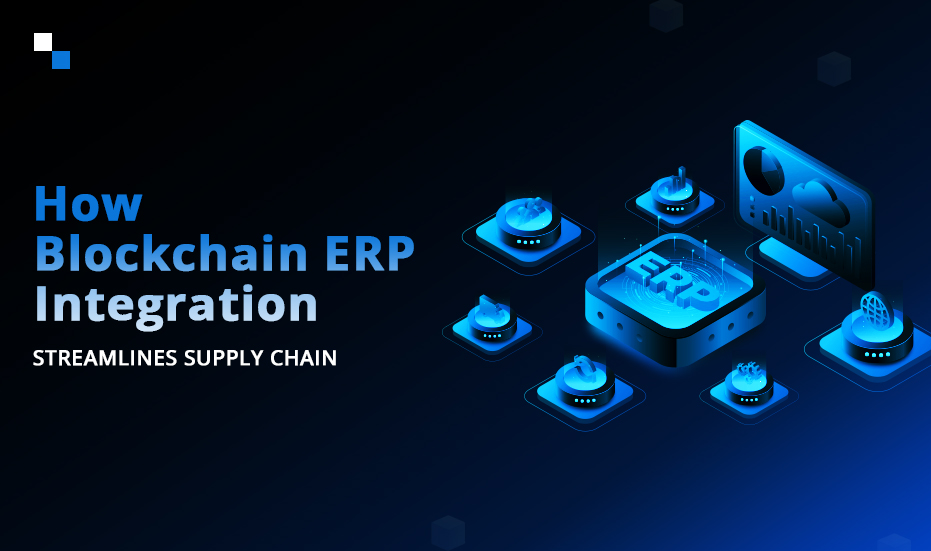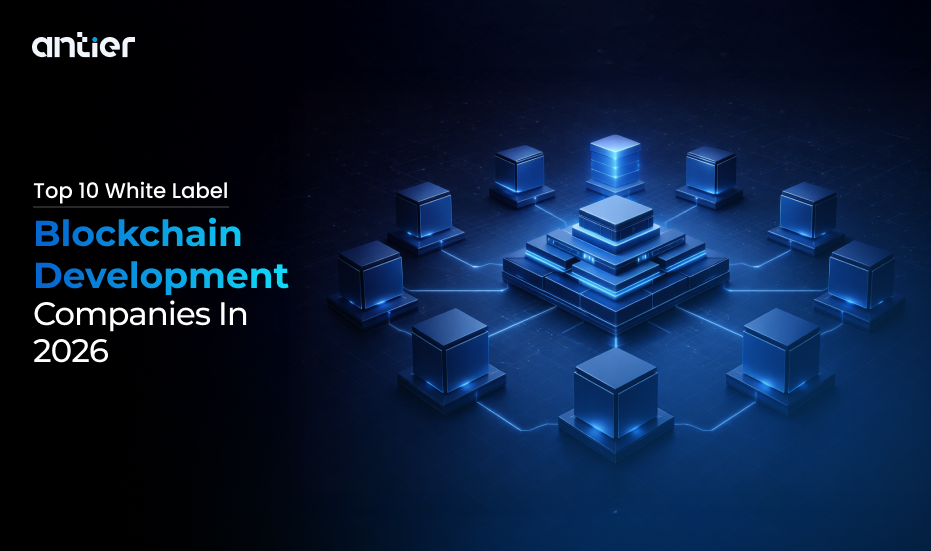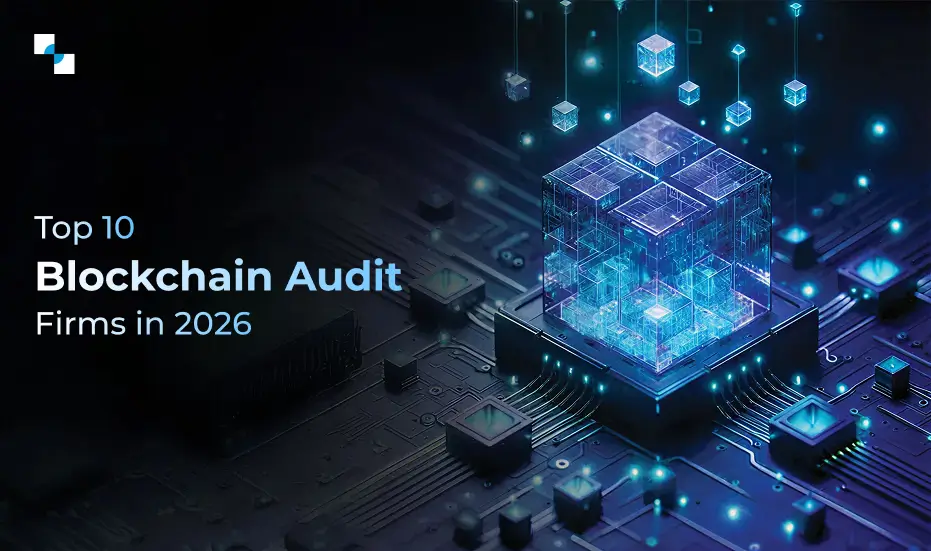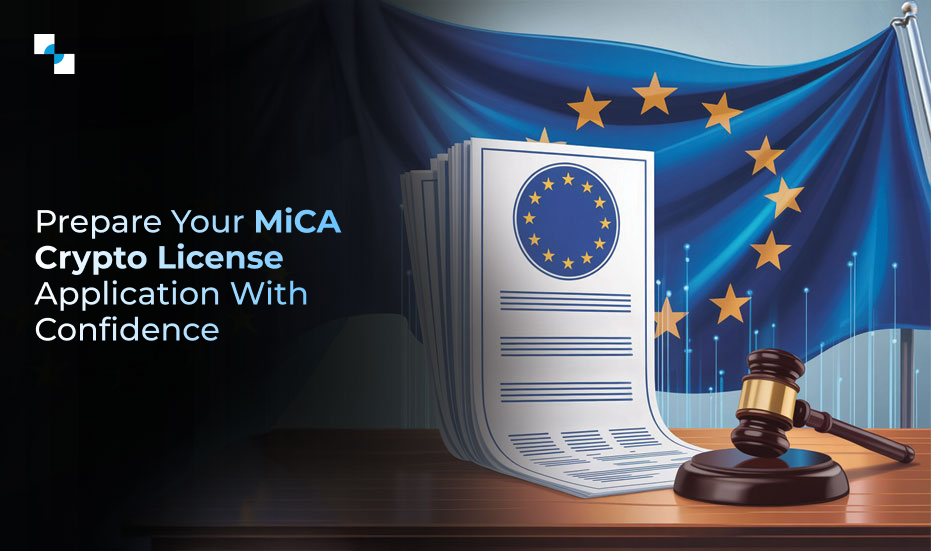The global supply chain industry, which is expected to reach $31 billion by 2026, often faces persistent challenges, such as data silos, lack of transparency, intermediaries, and inefficiencies. These issues are particularly prevalent due to the industry’s inherent complexity and geographically diverse nature. A widely adopted solution to address these challenges is Enterprise Resource Planning (ERP) systems.
“ERP (Enterprise Resource Planning) is a type of software that businesses utilize to seamlessly manage their day-to-day operations, such as finance, supply chain, manufacturing, commerce, reporting, and human resources operations.”
Using ERP in the supply chain helps optimize time management, streamline operations, enhance inventory control, reduce operational errors, and increase overall system efficiency. However, ERP systems face challenges, including vulnerabilities in data security, integration complexities across diverse platforms, and limited transparency in transactional processes. To address these issues, a blockchain ERP integration approach is introduced.
This blog delves into blockchain supply chain development and how it can benefit the organization when integrated with ERP.
Pain Points of ERP Systems in the Supply Chain Domain
ERP systems are widely used in the supply chain domain to integrate processes and enhance efficiency. However, despite their advantages, several pain points hinder their effectiveness.
Complexity and Integration Challenges
ERP systems often struggle with seamless integration across multiple supply chain functions, such as procurement, inventory, and distribution. The complexity of linking disparate systems can result in data silos and inefficiencies. This can also lead to delays in operations due to integration bottlenecks.
Higher Customization Costs
Many ERP solutions require significant customization to meet the unique needs of the supply chain. This process can be costly and time-consuming, especially for businesses with complex supply chains. Over time, the need for continuous updates and custom modifications can further drive up expenses.
User Resistance
Employees accustomed to older systems may resist adopting new ERP solutions, affecting user training, system adoption, and overall productivity. This resistance can delay the benefits of the new system and create friction in the transition period.
Increased Implementation Costs
ERP systems require substantial upfront investment, including software, hardware, and training, making it a significant financial burden for smaller businesses. Ongoing maintenance costs can also strain budgets, particularly for companies with limited resources.
Scalability Issues
As supply chains evolve, many ERP systems struggle to scale accordingly, especially when businesses expand into new regions or increase operational complexity. This can hinder growth and prevent businesses from fully leveraging their ERP investment.
Data Inaccuracies
ERP systems depend on accurate, real-time data to function optimally. However, poor data entry, inconsistent updates, or outdated information can lead to inaccuracies, resulting in poor decision-making and disrupted supply chain activities. These errors can multiply if unchecked, affecting overall system reliability.
Blockchain and ERP in Supply Chain: A Strategic Approach to Operational Excellence
Blockchain is driving industry 4.0 and its integration with ERP is a synergetic approach that can transform supply chain challenges into opportunities for growth and innovation. This dynamic duo of blockchain and ERP in supply chain is a powerful solution that can give an edge to supply chain management in the following ways-
Ways Blockchain ERP Integration Can Enhance Supply Chain Management
Seamless Integration
Blockchain allows seamless integration across multiple supply chain functions. The technology provides a single, immutable ledger that ensures that all participants—from suppliers to distributors—can access real-time data, which reduces data silos and fosters cross-functional collaboration. This leads to faster decision-making and more efficient operations.
Data Accuracy and Transparency
Blockchain’s transparent nature ensures that every transaction is recorded securely and cannot be tampered with. Blockchain ERP supply chain solutions guarantee data accuracy, reduce errors caused by poor data entry or outdated information, and ensure reliable decision-making. With real-time updates, stakeholders are always aligned with the latest information.
Reduced Customization Costs
Blockchain can streamline processes and reduce the need for extensive ERP customization. Its smart contract feature automates workflows that streamline supply chain operations without the need for costly adjustments. Thus, blockchain ERP integration reduces operational overhead and makes the supply chain more cost-effective.
Strengthened Security
The encryption mechanisms of Blockchain ERP supply chain solutions fuel the security of sensitive supply chain data, preventing unauthorized access or tampering, thus ensuring the integrity of the entire supply chain. Additionally, it offers a clear, auditable record of every transaction, which reduces the risk of fraud to a great extent.
Scalability
As businesses grow, blockchain networks can scale effortlessly, adapting to increased operational complexity without compromising performance. This flexibility allows organizations to maintain efficiency even as supply chains expand globally.

Key Steps to Develop Blockchain ERP Supply Chain Solutions
Define Clear Objectives and Scope
Establish the specific problems to solve with blockchain-ERP integration, such as improving traceability or enhancing security. Clear objectives guide system design and implementation.
Choose the Right Blockchain Framework
Select the appropriate blockchain framework (public, private, or consortium) based on scalability, security, and performance needs. Private or consortium blockchains are ideal for supply chains.
- System Integration Design
Design the integration architecture to ensure seamless communication between the ERP system and blockchain. Use custom APIs, middleware, or blockchain connectors for effective integration.
- Develop Smart Contracts
Create tailored smart contracts to automate processes like payments, shipment verification, or compliance checks. Proper coding and thorough testing are essential for smooth functionality.
- Testing and Validation
Test the blockchain-ERP solution to ensure accuracy, security, and performance under real-world conditions. Incorporate stakeholder feedback during the testing phase.
- Deployment and Continuous Monitoring
Deploy the solution and continuously monitor its performance, detecting issues early. Regular updates and enhancements will ensure the system remains secure and efficient.
Closing Thoughts
Blockchain and ERP in supply chain management provide a robust solution to overcome longstanding operational challenges that impede efficiency and scalability. The convergence of blockchain with ERP systems enhances data transparency, security, and traceability, establishing a trusted ecosystem that fosters collaboration among all stakeholders, from suppliers to customers. This blockchain ERP integration makes supply chain processes resilient, secure, and sustainable by providing immutable records of transactions and real-time visibility.
For businesses seeking to leverage blockchain to optimize their ERP systems and improve supply chain performance, adopting blockchain technology is a strategic move. To successfully implement this transformation, partnering with a company experienced in blockchain supply chain development is critical. Antier, backed by 700+ blockchain engineers with expertise in blockchain development, stands as a trusted partner for organizations looking to integrate blockchain into their supply chain ERP systems.
If you’re seeking a technical partner with sheer expertise in blockchain integration with ERP systems, consult our blockchain development company today!
